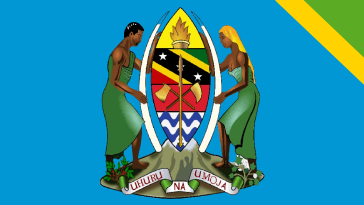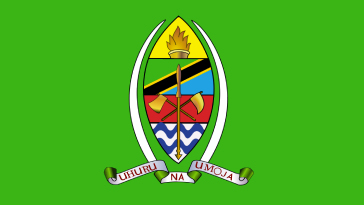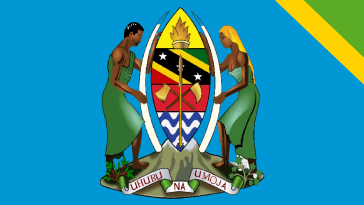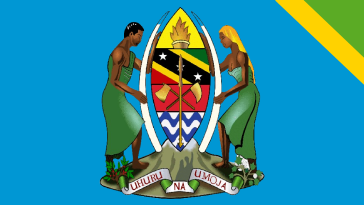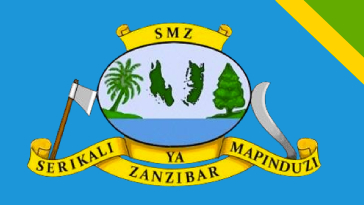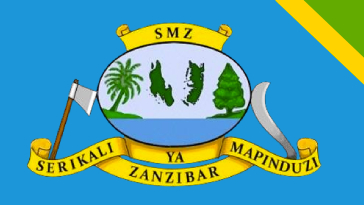INTRODUCTION
Before the people of Tanganyika were colonized, they had their own traditional judicial system. The judicial institutions were developed in their own way. The main function of the traditional judicial institutions was the amicable settlement of disputes by making awards or imposing punishment of banishment to prove offenders. The institutions were different in form from area to area according to each customary law community.
The judicial system under the German Rule 1884 - 1918 was that the jurisdiction over non -natives was exercised by District Judge and District Courts in Dar es Salaam, Tanga, Mwanza, Moshi and Tabora. The District Court acted generally as a Court of first instance dealing in civil and criminal matters. The District Court consisted of the District Judge as president and two assessors (for civil cases) and four assessors for (criminal matters).
Under the British Rule 1920 - 1961, there were two types of courts; for natives and for non-natives. In all cases civil and criminal to which Natives were parties as, a Clause 24 of the 1920 Order in Council shows, the Court were to be guided by the Native Law so far as it was applicable and was not repugnant to justice and morality or inconsistent with an Order in Council or Ordinance or any regulation. First Court of instance was the Native Court, then the appeals were to Native Court of Appeal and then to the District Commissioner and finally to the Provincial Commissioner.
Regarding non-natives, there was first His Majesty’s High Court of Tanganyika; then the subordinate Courts (as per Courts Ordinance of 1920 and later the Subordinate Courts Ordinance of 1947 Cap.34). Subordinate Courts were of first, second and the third class- and there were manned by lay magistrate as a well as legally qualified Resident Magistrates. Appeals from the Subordinate Courts lay on the High Courts and there after to the East African Court of Appeal and the finally to the Privy Council in England. The High Court had District Registries at Tanga and Mwanza and in 1955 the Arusha Registry was opened.
After independence in 1961, a four-tiered court system was developed, that is Primary Court, District /Resident Magistrates Courts, the High Court and the Court of Appeal.
VISION
Timely and Accessible Justice for All.
MISSION
To carry out the administration of Justice to the general public in dealing with disposal of cases effectively and efficiently.
MAJOR FUNCTION
Interpreting diverse Laws and execution administrative decisions. Hearing and deciding cases filed before the courts of law.
CORE VALUES
a. Integrity,
b. Impartiality,
c. Team Spirit,
d. Accountability and Transparency, and e. Professionalism.





